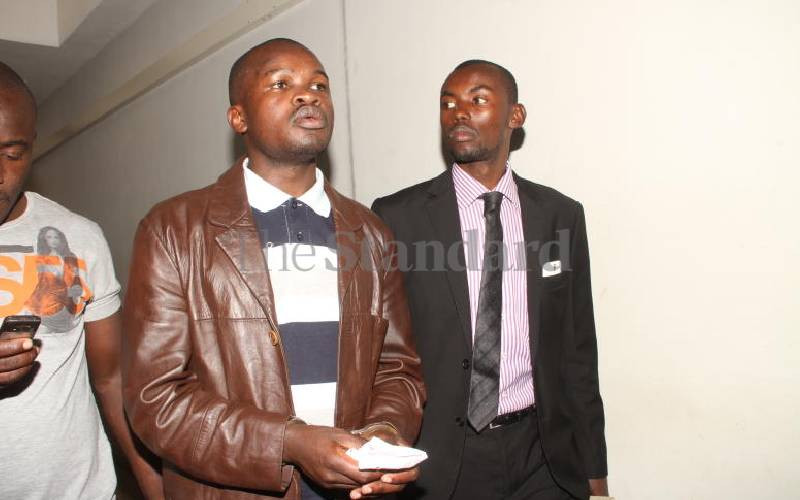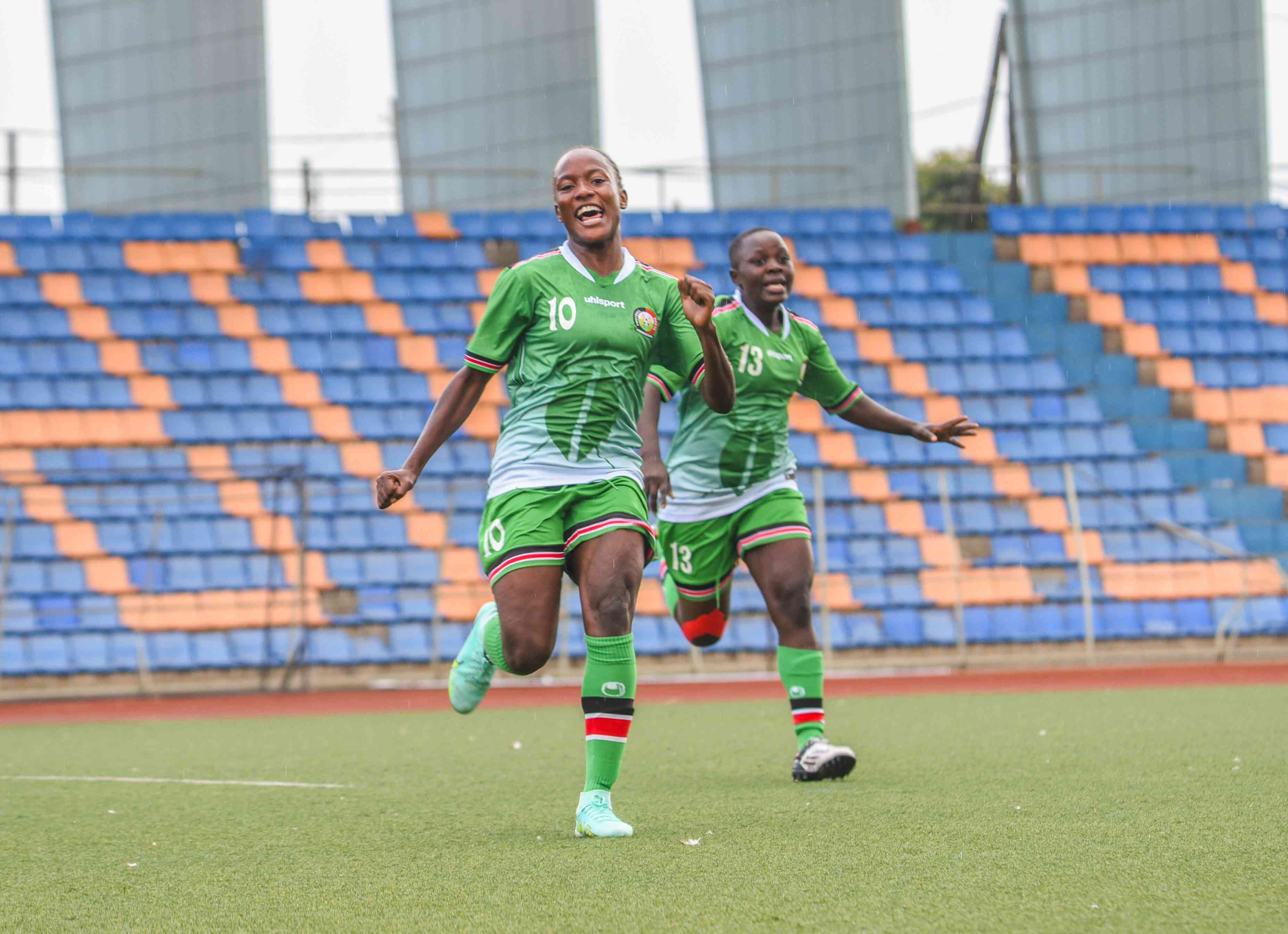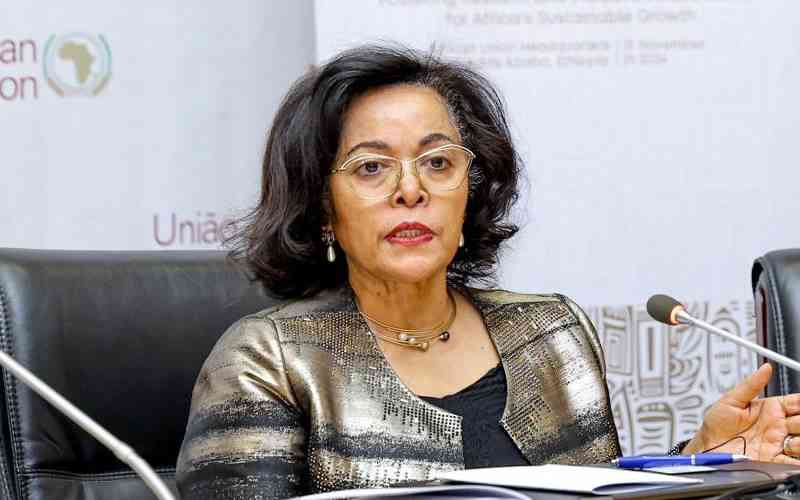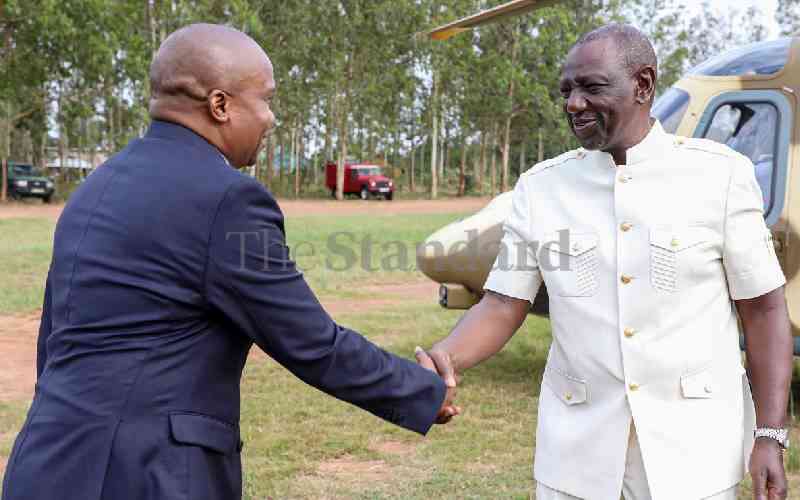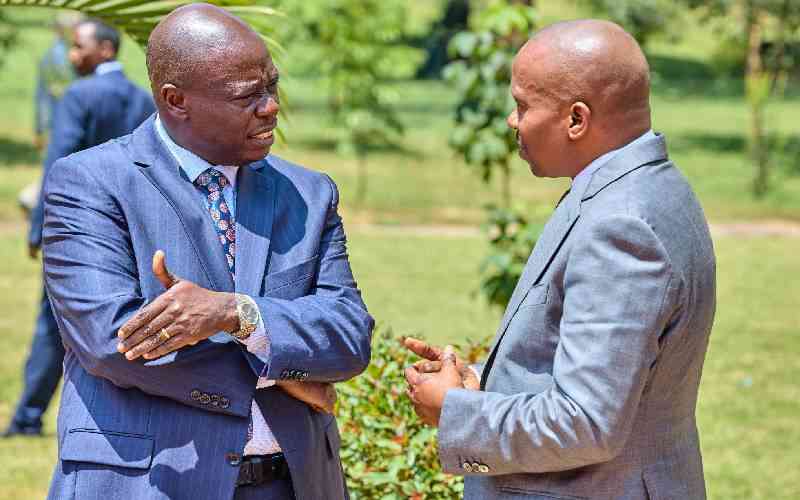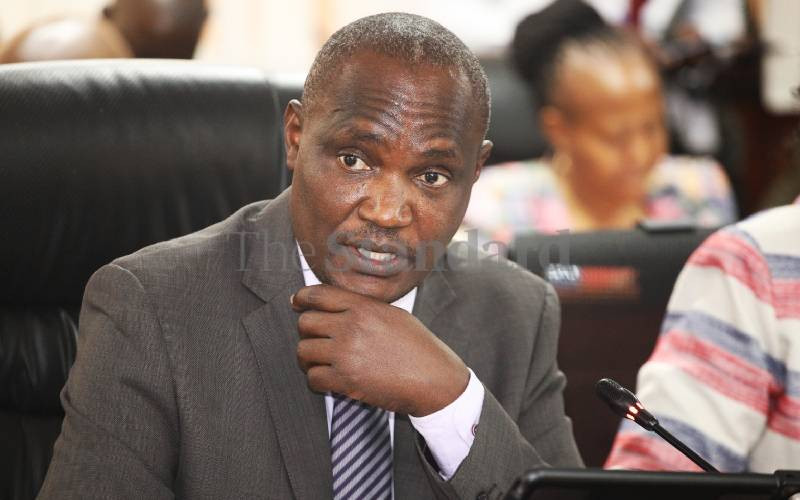The former head of Burundi's army during its 13-year civil war was assassinated Saturday, further fuelling fears of a new civil war in the restive east central African country.
Colonel Jean Bikomagu, a key figure in the former Tutsi-dominated army, was gunned down in his car by unidentified assailants as he was about to enter his home in Kinindo, a southern district of the capital Bujumbura, a family member told AFP.
His killers opened fire as the car drew up outside the gates and then fled the scene. His daughter was also seriously wounded, the source said.
The murder comes less than two weeks after the assassination of top general Adolphe Nshimirimana -- widely seen as the country's de-facto internal security chief -- in a rocket attack.
The escalation of violence has spawned fears that the tiny country in east central Africa could be plunged back into civil war, with many fearful of pro-government reprisals after Nshimirimana's death.
Bikomagu was a major figure in the army during the civil war which raged between 1993 and 2006 and left at least 300,000 people dead.
Even though the colonel had retired, he symbolised the old Tutsi-led Burundian army, enemies of the mainly Hutu rebel CNDD-FDD movement now in power and of which Nshimirimana was a leading figure.
"Bikomagu was totally out of politics, he had no real power within the army -- it is really a symbol they have assassinated," a former diplomat in the country told AFP.
Nshimirimana, feared by many in the opposition, was seen as the right-hand man of President Pierre Nkurunziza, whose controversial re-election for a third term has caused months of unrest and triggered an exodus of refugees.
The day after the general's killing civil rights activist Pierre-Claver Mbonimpa, who had repeatedly accused Nshimirimana of ordering the deaths of government opponents, was himself wounded in an assassination attempt.
He has since left the country for Belgium.
Several senior security chiefs and former rebel leaders vowed to avenge "General Adolphe" by killing an equally prominent figure "on the other side", sources said.
But on Twitter, presidential aide Willy Nyamitwe expressed his "condolences" to Bikomagu's family, and said "the crime would go down with the other odious killings".
Another pro-government account, however, said it was a pity that the colonel would now "not be tried for the hundreds of thousands of Hutu killed in Burundi".
President Nkurunziza, a 51-year-old Hutu former rebel leader, plunged the country into crisis in April by pushing for a controversial third term despite weeks of protests and a failed coup against him.
Stay informed. Subscribe to our newsletter
The opposition, the United States and much of the intentional community claimed a third term violated the Arusha accords that had brought the civil war to an end.
But after months of bloodshed Nkurunziza was reelected in July after a delayed vote which was boycotted by the opposition and condemned internationally as being neither free nor fair.
The army has been hugely divided by the crisis, with the leaders of the July coup having gone into hiding.
But despite the failure of their attempt to take power, sources claim that their power is again growing, with at least seven members of the ruling CNDD-FDD murdered in recent attacks, and the party condemning a "campaign of targeted assassinations" against its leaders.
 The Standard Group Plc is a
multi-media organization with investments in media platforms spanning newspaper
print operations, television, radio broadcasting, digital and online services. The
Standard Group is recognized as a leading multi-media house in Kenya with a key
influence in matters of national and international interest.
The Standard Group Plc is a
multi-media organization with investments in media platforms spanning newspaper
print operations, television, radio broadcasting, digital and online services. The
Standard Group is recognized as a leading multi-media house in Kenya with a key
influence in matters of national and international interest.
 The Standard Group Plc is a
multi-media organization with investments in media platforms spanning newspaper
print operations, television, radio broadcasting, digital and online services. The
Standard Group is recognized as a leading multi-media house in Kenya with a key
influence in matters of national and international interest.
The Standard Group Plc is a
multi-media organization with investments in media platforms spanning newspaper
print operations, television, radio broadcasting, digital and online services. The
Standard Group is recognized as a leading multi-media house in Kenya with a key
influence in matters of national and international interest.


